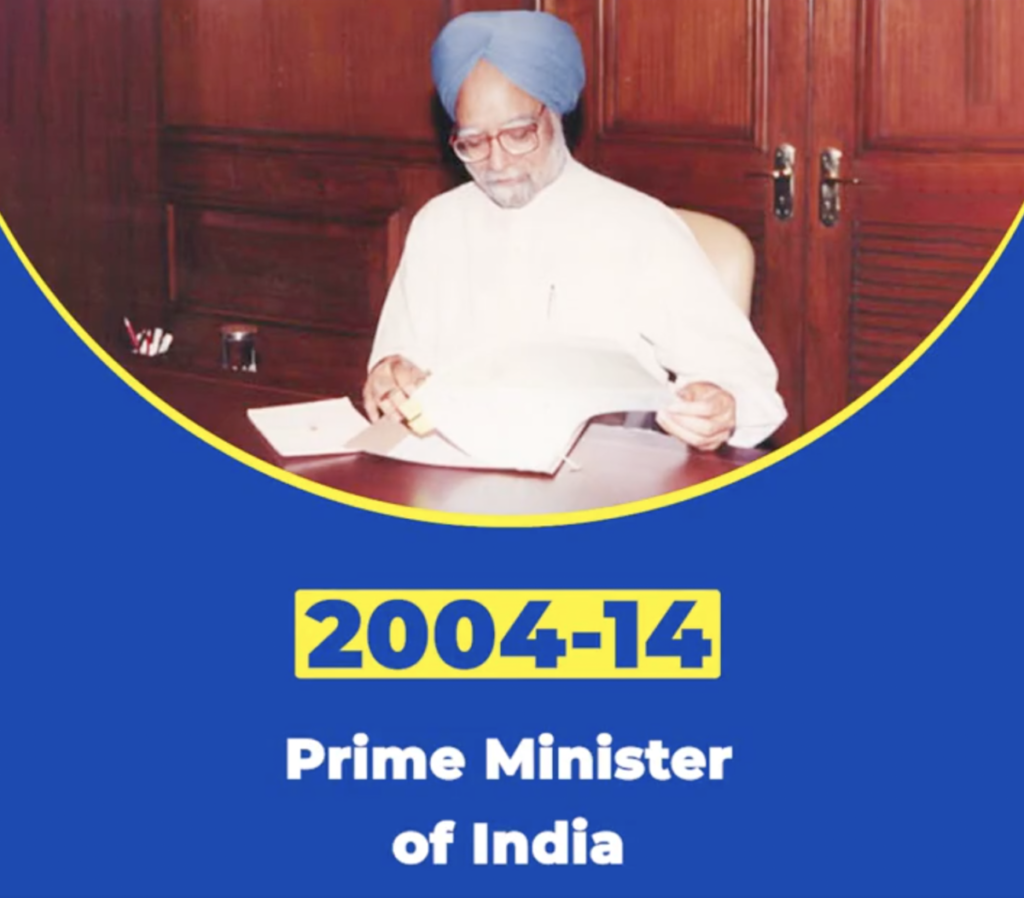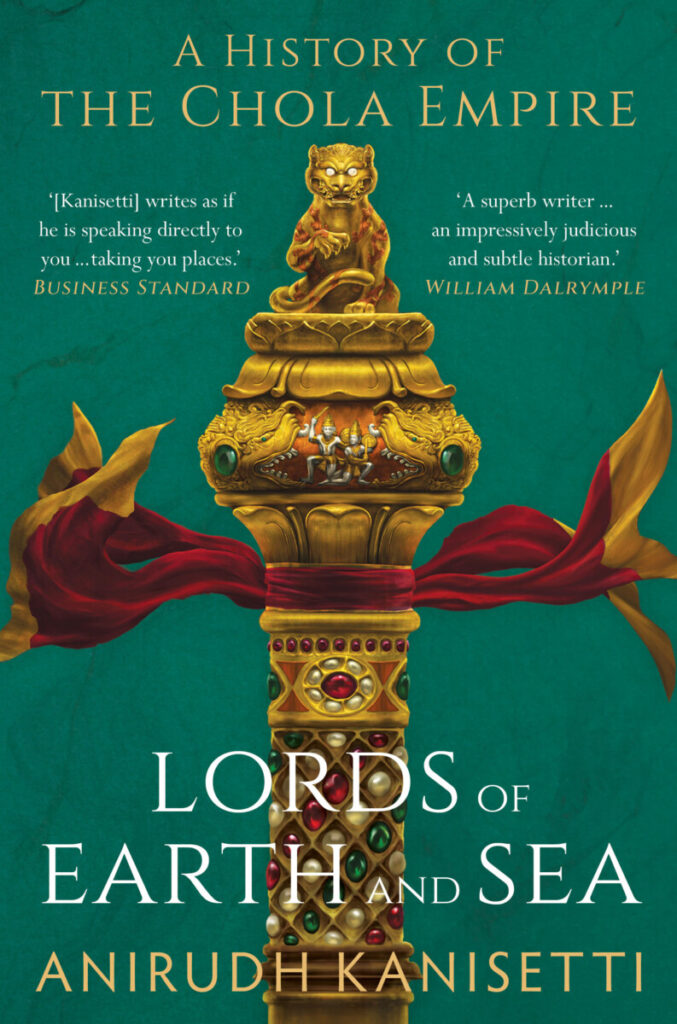In 2024, 64 democracies went to general elections; the future of approximately 49% of the world’s population was to be decided.
Two billion voters went to the electronic voting machine (EVM) or the ballot box. The overall takeaway was that a tsunami of change occurred.
Many saw incumbent governments being contemptuously toppled by disenchanted voters. Americans probably experienced the most unexpected seismic shock; the return of the obstreperous and defiant Donald Trump in what has been correctly called the greatest political comeback in US political history.
A feckless Joe Biden-Kamala Harris presidency was walloped in the battleground swing states that turned comprehensively red. The UK had seen cocky Conservatives waste a huge mandate won by the maverick Boris Johnson, eventually culminating in a historic drubbing at the hands of Keir Starmer-led Labour.
Olaf Scholz, the German chancellor who had inherited the difficult mantle of leadership from the European wonder Angela Merkel, faces a snap re-election bid, as his brittle coalition has caved in.
Jair Bolsonaro was ousted in Brazil in 2022.
Emmanuel Macron, the French president, saw a hung parliament and his own party relegated to the periphery.
Italy, Portugal and Netherlands saw the rise of far right-wing parties. Sri Lanka and Bhutan in our neighbourhood saw an outpouring of demand for a new leader, while Bangladesh stunned the world in a student-led overthrow.
Quintessentially, 2024 was a referendum for change. But the one singular exception to the perennial topsy-turvy world of political change was India. It has remained sequestered from the global trend of anti-incumbency, and has seen, in fact, a steadfast escalation in the popularity of its prime minister Narendra Modi. The Big Media cheerleaders credit it to his apparent Teflon texture. It appears that the world’s largest democracy is living in a hallucinatory bubble, unruffled by poor governance, corruption allegations, economic stasis and democratic de-consolidation.
Is there a rational argument that justifies Narendra Modi-led BJP’s impregnable domination of Indian politics?
While I may have a partisan viewpoint, can it be denied that India has seen an anaemic GDP growth rate (its last quarter growth is 5.4%) leading to worsening income inequality, escalating poverty, pauperisation of the middle-class, unending farmer protests, and rampant joblessness?
Truth be said, the hype over government expenditure on infrastructure notwithstanding, Modi has been a mammoth failure in reigniting our animal spirits, post-pandemic. India’s share in manufacturing output as a percentage of GDP has in fact diminished; so much for those who were gloating over a China+1 business miracle for India.
Inflation has further eroded purchasing power of impoverished millions surviving on free foodgrains (57% of Indians). The lesser we talk about corruption, crony capitalism, hate-politics and the death of constitutional institutions, the better, as they are of encyclopaedic stock.
And yet, how does Modi keep winning elections, almost with insouciant ease? It has only one entity to thank for this generous benediction from the gods: the Indian National Congress party.
In any political battlefield amongst rival coalitions, the principal protagonist of the alliance must do the heavy lifting. The Congress, which willy-nilly because of its pan-Indian presence leads the INDIA alliance, has fallen woefully short. It is true that there is an absence of level playing field. The mainstream media is servile to Modi, and every democratic institution of governance appears visibly sterile.
The Election Commission seems to be a pliant administrator following diktats with obedience. Finally, the BJP is a disproportionately cash-rich relative to its arch foes. And yet, despite these headwinds, the Congress should have by now learnt how to defeat the BJP’s mammoth election machinery based on the NDA’s shoddy performance alone.
The fact is that it has not.
It has been 10 years and counting. The double-whammy of the Haryana and Maharashtra assembly elections have given the BJP a booster shot.
What explains this self-destructive propensity, seemingly an incurable affliction?
There are many reasons, but in this piece, let me dwell on just one of them. It does not know how to set the narrative. Its political communication, the crux of narrative-setting, is still a work-in-progress. It is a party that has become mealy-mouthed, paranoid of belling the cat, lacking tactical ploys and the insatiable hunger of a serious competitor. It prefers the innocuous option of posting on social media to plain simple hard work. It has become a political couch potato. It has forgotten the basics.

Congress leaders Priyanka Gandhi (L), Rahul Gandhi (3-L) campaigning in Haryana along with Bhupinder Hooda (3-R) and Kumari Selja (2-L) and others. Photo: X/@RahulGandhi
The example of the late prime minister Dr Manmohan Singh’s passing away corroborates my hypothesis. Singh did not just change India’s economic growth trajectory, he metamorphosed India into a serious contender in the global sweepstakes. From the 1991 economic liberalisation, the high-risk gamble on the civil nuclear deal, and landmark transformative legislations such as Right to Information Act, MNREGA, Right to Education, Food Security Act, FDI in multi-brand retail and so on. Singh was embarking on an outstanding mission of empowerment of the ordinary Indian.
He was a brilliant visionary, thus his digital delivery of welfare subsidies took the form of Aadhaar and the Direct Benefits Transfer, and preparing the architecture of the biggest tax reform, the GST. The fact that Singh brought about these extraordinary ameliorations despite running a coalition government (comprising restless and uneasy partners), a belligerent opposition creating a parliamentary paralysis, a Rashtriya Swayamsevak Sangh-aided agitation led by Anna Hazare and Arvind Kejriwal getting 24×7 relentless media space, and the world facing the Great Recession (the worst since 1931) on account of the US mortgage crisis, makes him easily the best Indian prime minister since Jawaharlal Nehru, who built modern India from the ravages of the bloody partition and an economically broke country, stripped off its assets by the British.
Also read: MGNREGA, RTI to Lokpal and LARR Act: Manmohan Singh’s Tenure Saw Many Legislative Milestones
With a large Gen Z and millennial population unaware of that period of India’s fascinating history (many have been brainwashed by BJP’s WhatsApp University), the Congress had a fabulous opportunity to rekindle the magic of its best years in recent times. After all, many economists call 2004-2014 the “golden period of economic growth” as India accomplished a nearly 8% GDP growth over 10 years, and lifted 270 million out of poverty concomitantly, establishing Singh’s inclusive, “reforms with a human face” model.
The UPA, in my opinion, was as good an example of compassionate capitalism, as any. But an unsurprisingly complacent, ill-organised, and politically dorky Congress once again blew apart a great opportunity to celebrate Singh’s greatness, and reclaim its own success story. Instead, it allowed the BJP the bandwidth to link Singh with alleged “scams”, that were never proven. It was outrageous torpor by the Congress. With it, the June 2024 advantage was well and truly gone.
Ideally, the entire senior leadership, including the leader of opposition Rahul Gandhi should have given short 15–20-minute interviews to several TV channels, English and Hindi, and to several YouTubers, besides addressing press conferences in a few cities on Singh’s standout legacy, including the unfair allegations against him by the BJP.
Senior leaders like P. Chidambaram, Shashi Tharoor, Manish Tewari, and Jairam Ramesh should have been part of a high-powered communications team reaching out to the media and public at large across the country. Instead, the Congress, chose to publish full-page ads (costing them an astronomical bomb, I am sure) with bullet points. It forgot to mention RTI and MNREGS in them.

A screengrab from a video released by Congress on Singh.
If the leading opposition party which has governed India for 54 out of 77 years has forgotten elementary narrative-setting, it should stop being petulant. Politics is about knowing how to up the performative ante at every conceivable turn. Blaming Modi and BJP is beginning to sound like a boring bromide. They are ruthless, immoral and unethical, no doubt, but has Modi stopped the Congress from getting its house in order?
Currently, there are no manifestations of the grand old party’s moment of epiphany.
It seems blithely happy with its garden-variety politics, which puts India’s democratic foundations in big danger. Within 24 hours of Manmohan Singh’s funeral, the BJP-Congress verbal fisticuffs had become a cheap slugfest: the Congress was engaged in a puerile kerfuffle about the positioning of TV cameras on that day that showed Modi instead of Singh’s family. True maybe, but they had missed the woods for the trees. A chance to showboat Dr Singh and the Congress was lost. Overnight, the Delhi elections became the new headline, while the nation was still officially mourning the departed prime minister.
This is the first in a two-part series on the Congress’s prospects.
Sanjay Jha is an author and former national spokesperson for the Congress.














